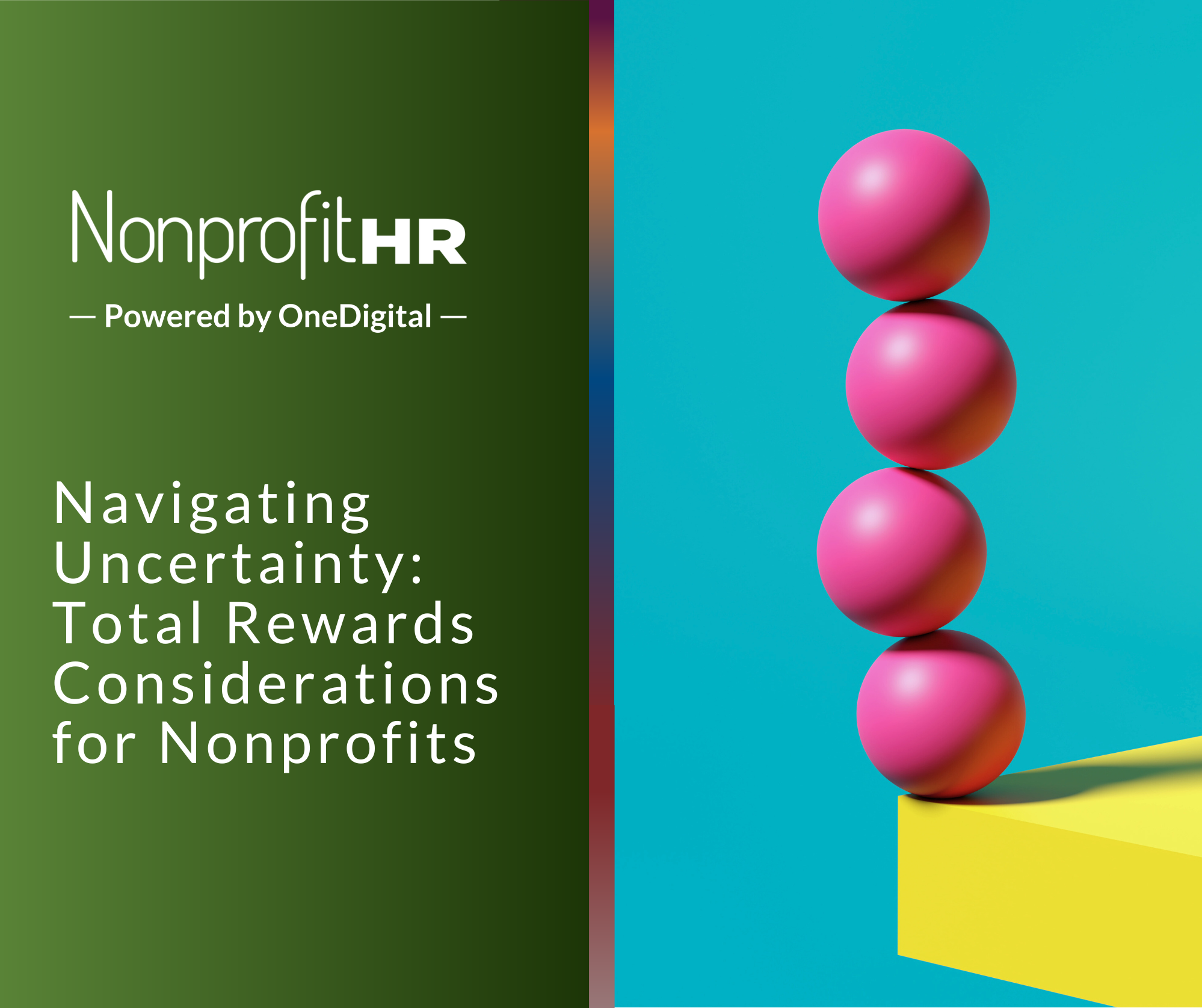WTOP: 5 ways nonprofits can…
Edward Lawler is worried that HR professionals may be setting themselves up to lose their top talent because of their inflexibility towards new ideas and approaches.
“The problem with the traditional approach to talent management is that it creates an inflexible, difficult to change organization. It makes it hard to change the competencies and capabilities of the organization when it needs to change its products and services. All too often, talent management policies and practices become BCPP, that is ‘Business Change Prevention Policies,’ and HR functions become the CPU, the ‘Change Prevention Unit.’
What kind of practices do organizations need to adopt in order to increase their agility and position them well to profit from the recovery? In order to be more agile, they need to adopt talent management practices that allow them to change the skill set of their employees and motivate them to change their behavior. They should not be adopting practices that are focused on retention. The key practices that will accomplish great agility include abandoning the traditional job description approach to talent management and adopting a skill based pay system that includes pay for skills and skill acquisition. A market pricing approach is needed that will reflect the individual’s value in the market, not his or her job’s value in the market. Skill based pay does a much better job than paying according to ‘what their job is worth’ of retaining those individuals who are critical to the organizations skill needs. Jobs don’t have a worth; individuals do, and at a time of economic expansion it is particularly important that individuals be paid what they are worth in the market.”





























